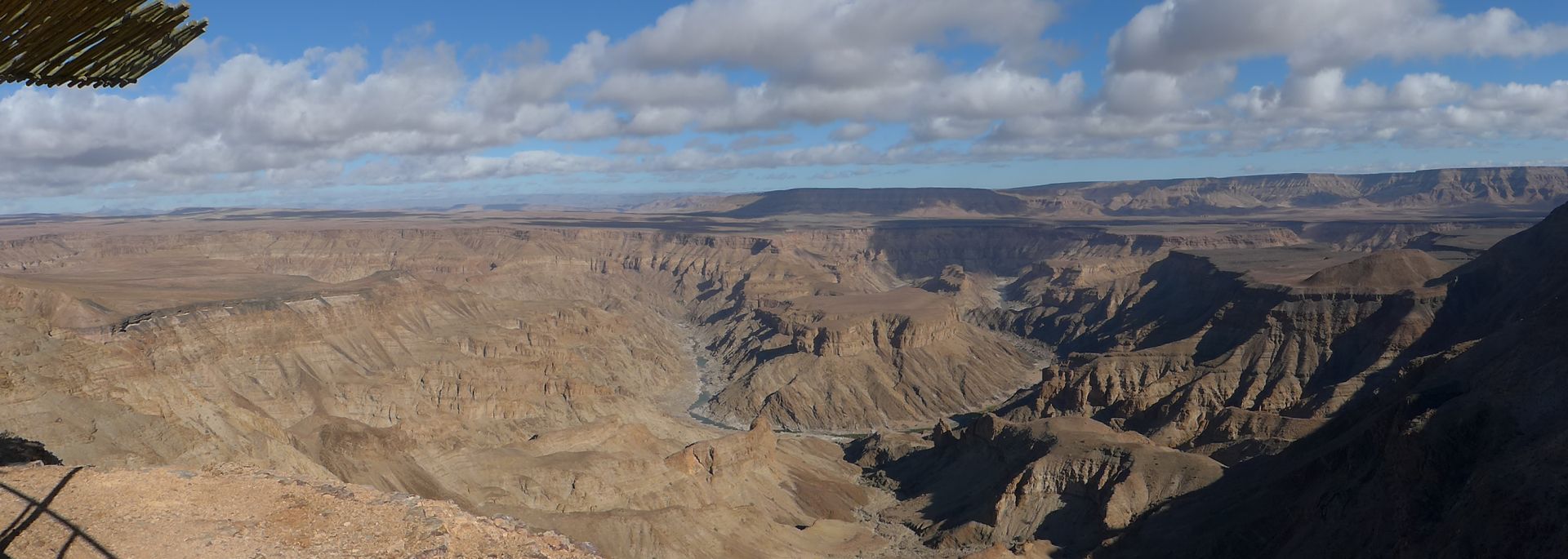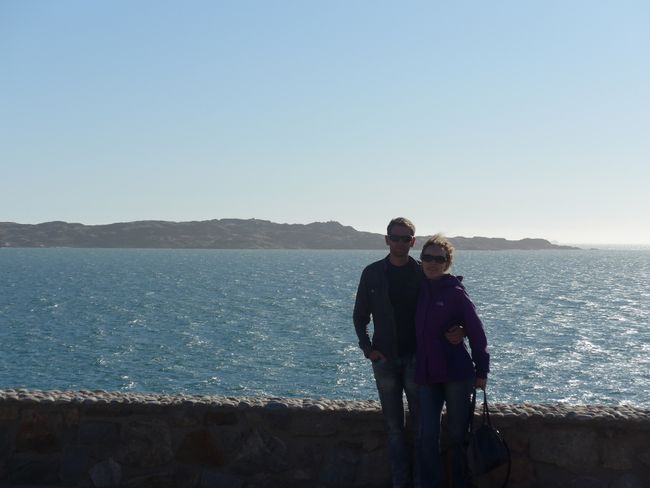Kakadu National Park - Crocodiles, Kangaroos and Cockatoos in the Wild (Australia Part 6)
Pubblicato: 14.10.2018
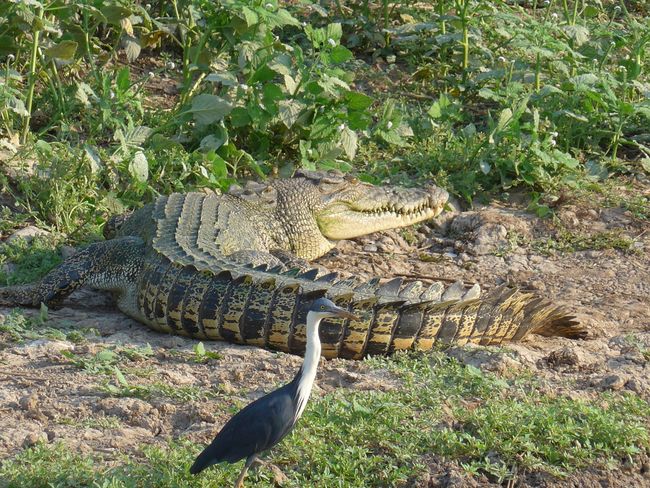
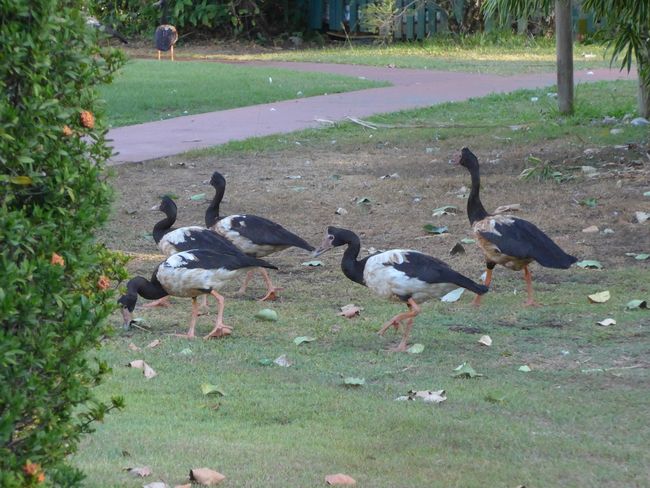
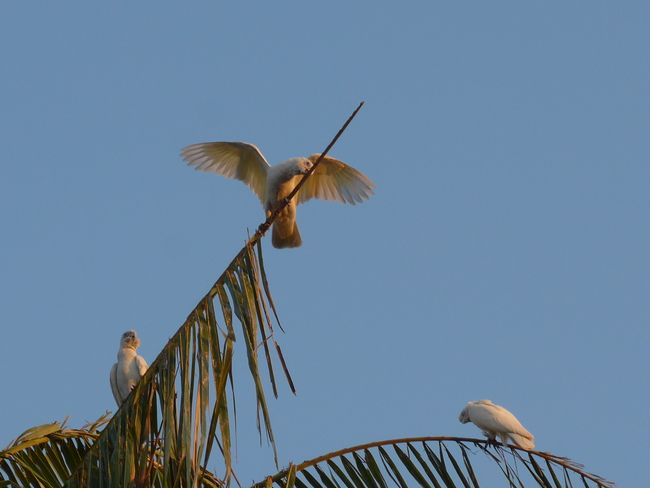
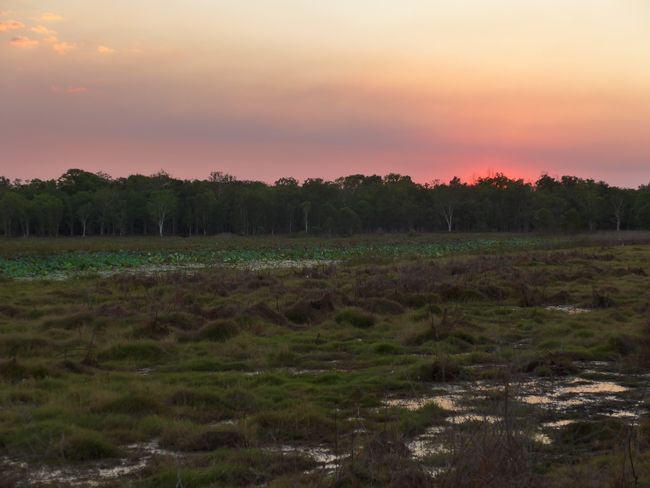
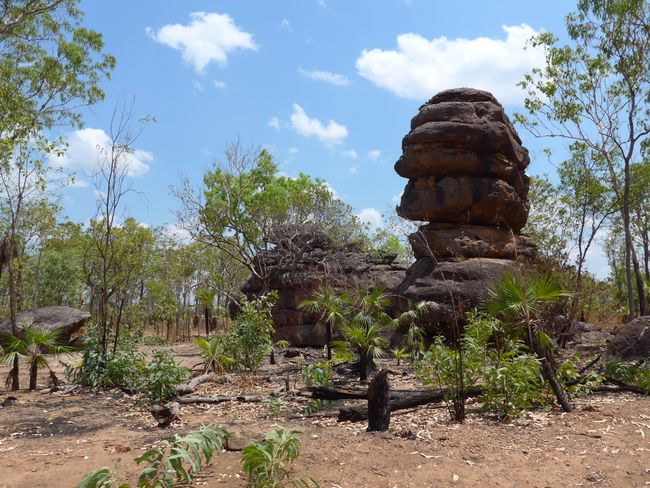
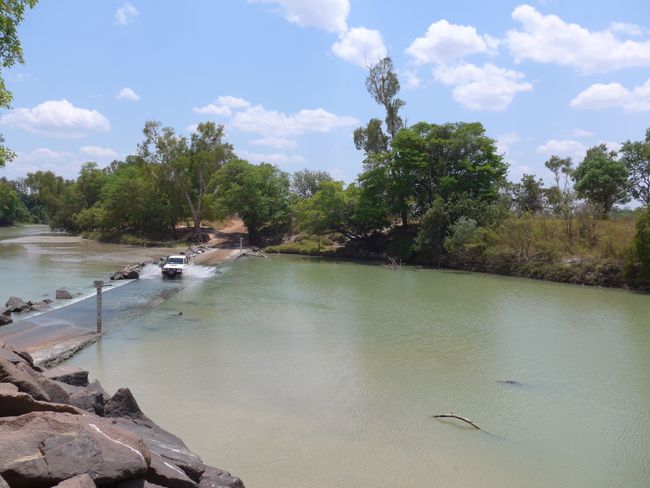
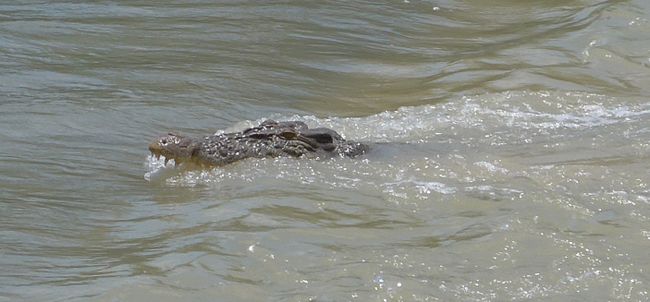

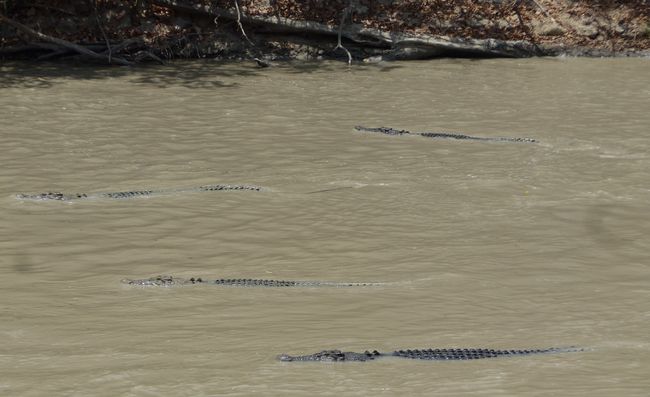
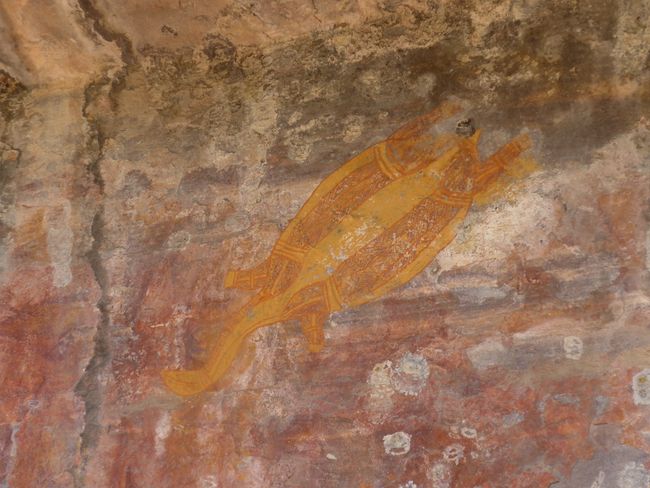
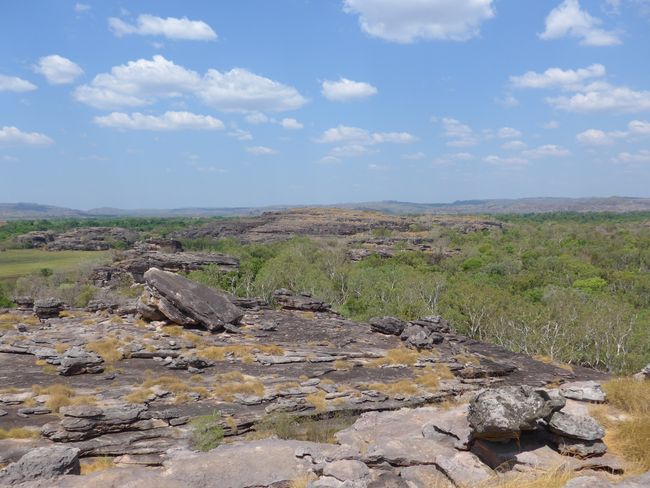

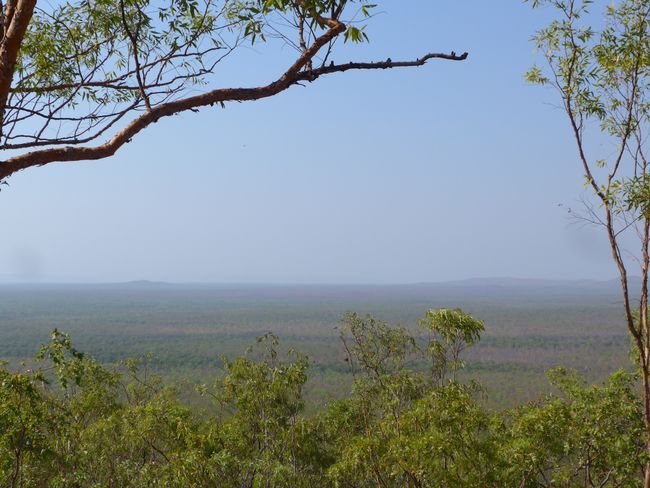
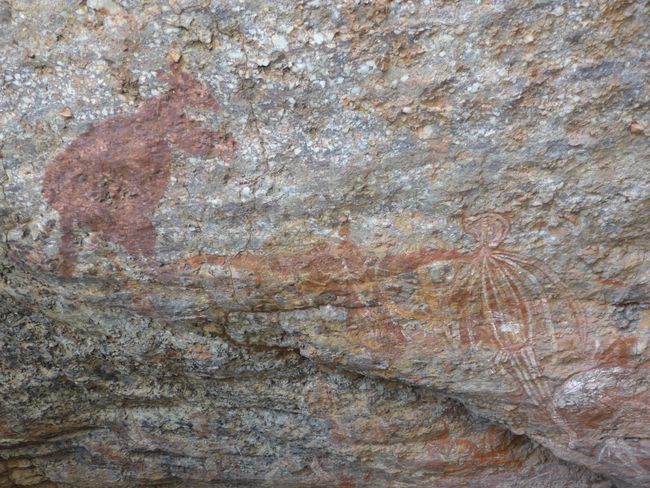
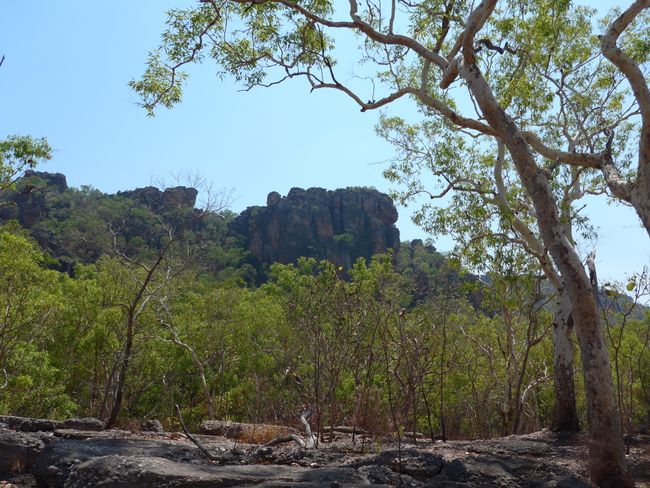
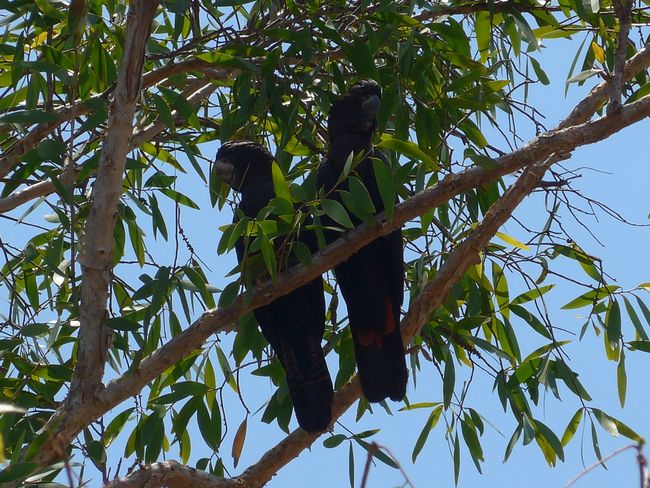
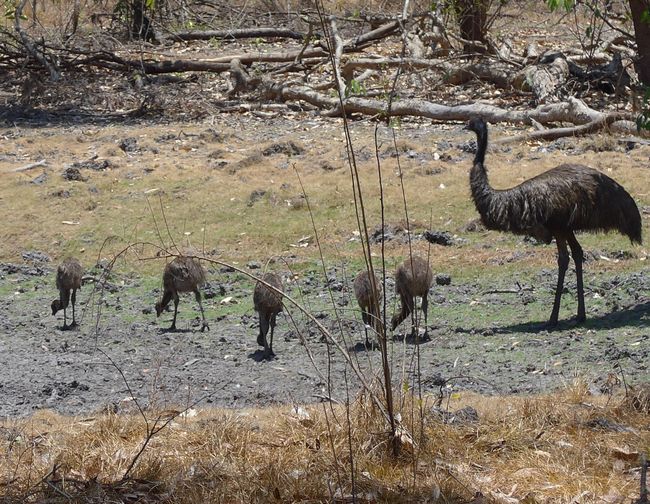
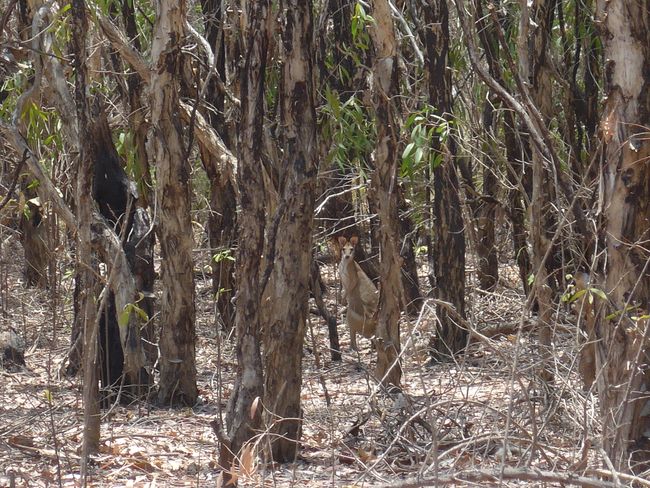

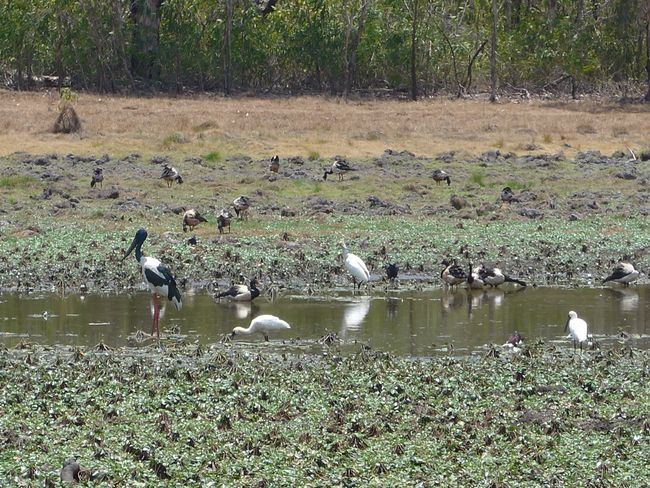
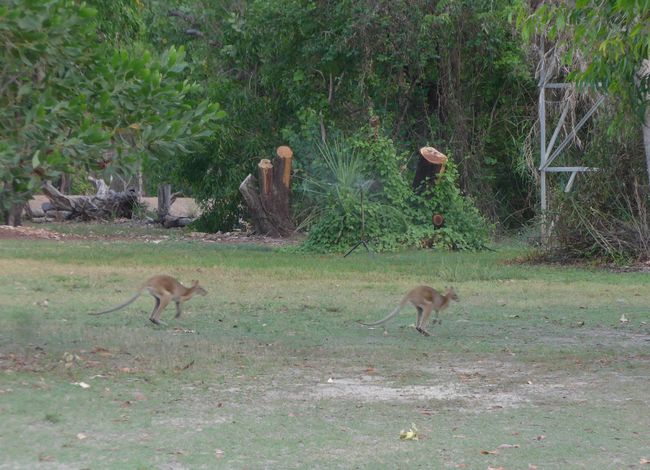
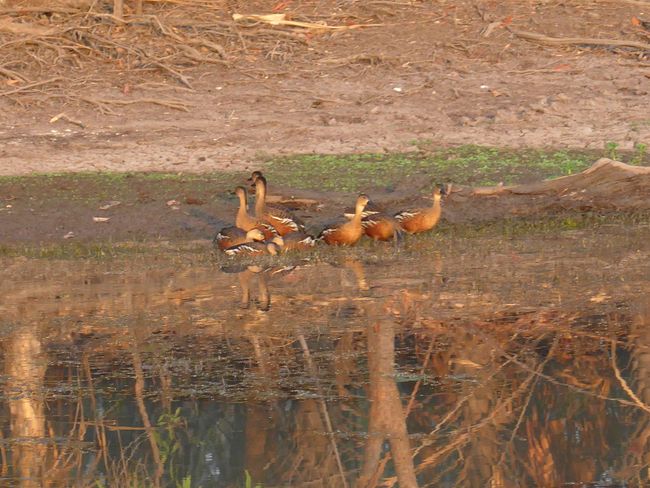
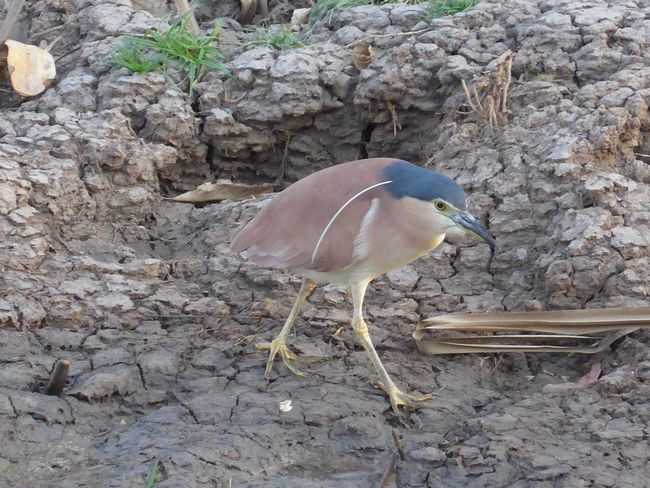
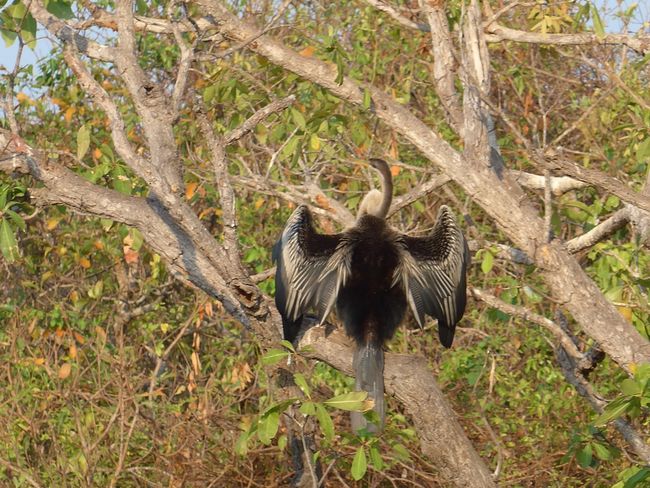
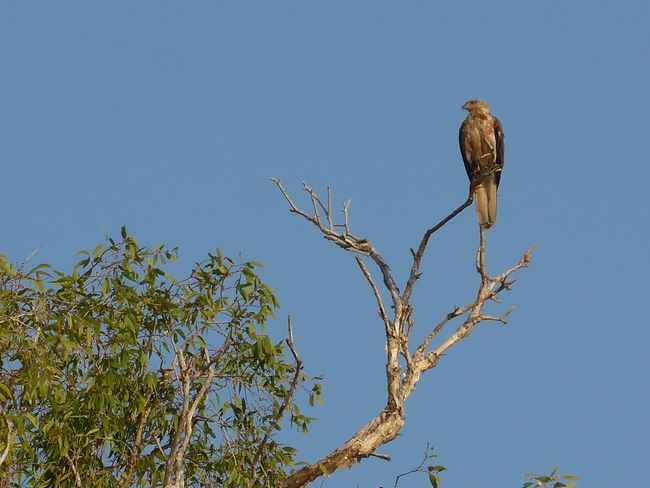
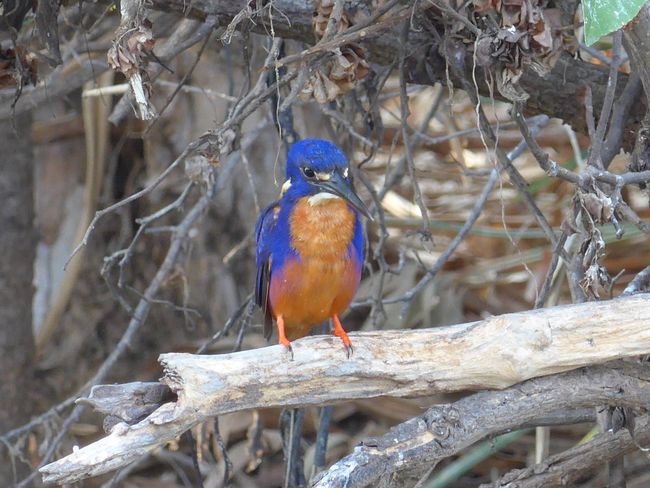
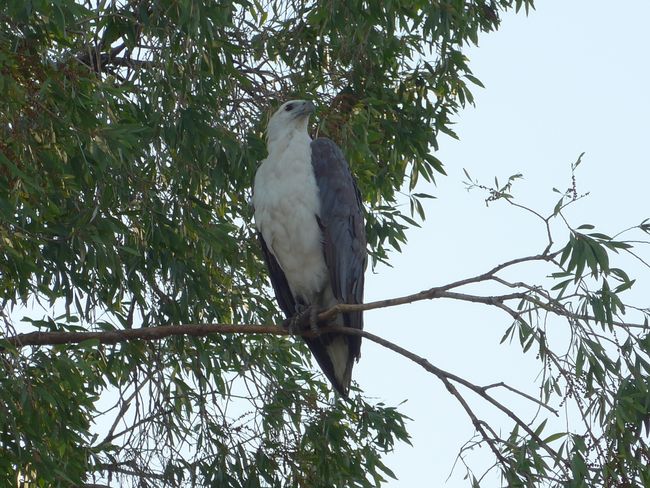
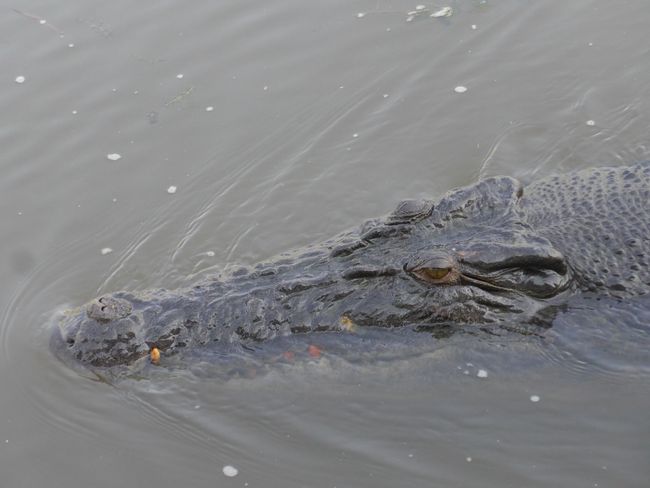
Iscriviti alla Newsletter
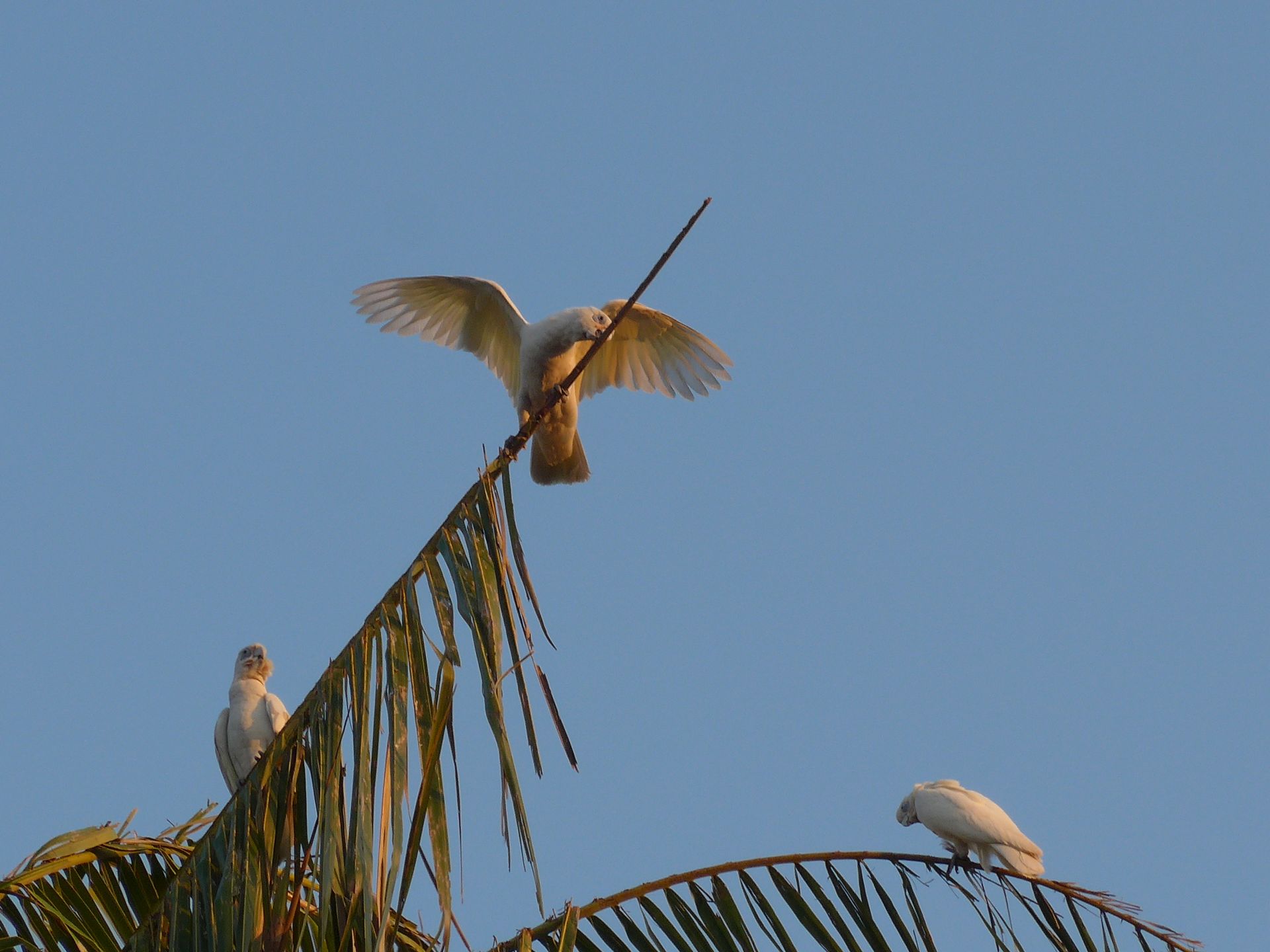
Our first hotel in Kakadu National Park was located on Arnhem Highway. From our terrace, we could observe many magpie geese and noisy cockatoos gathering on the lawn and trees of the hotel grounds.

For sunset, we made our way to a waterhole near the hotel grounds. Again, we saw some birds but no crocodiles...

The next morning, we drove to Bowali Visitor Centre to purchase park passes and gather some initial information. There, we were advised to visit "Cahills Crossing" on East Alligator River at 12 o'clock to observe crocodiles.
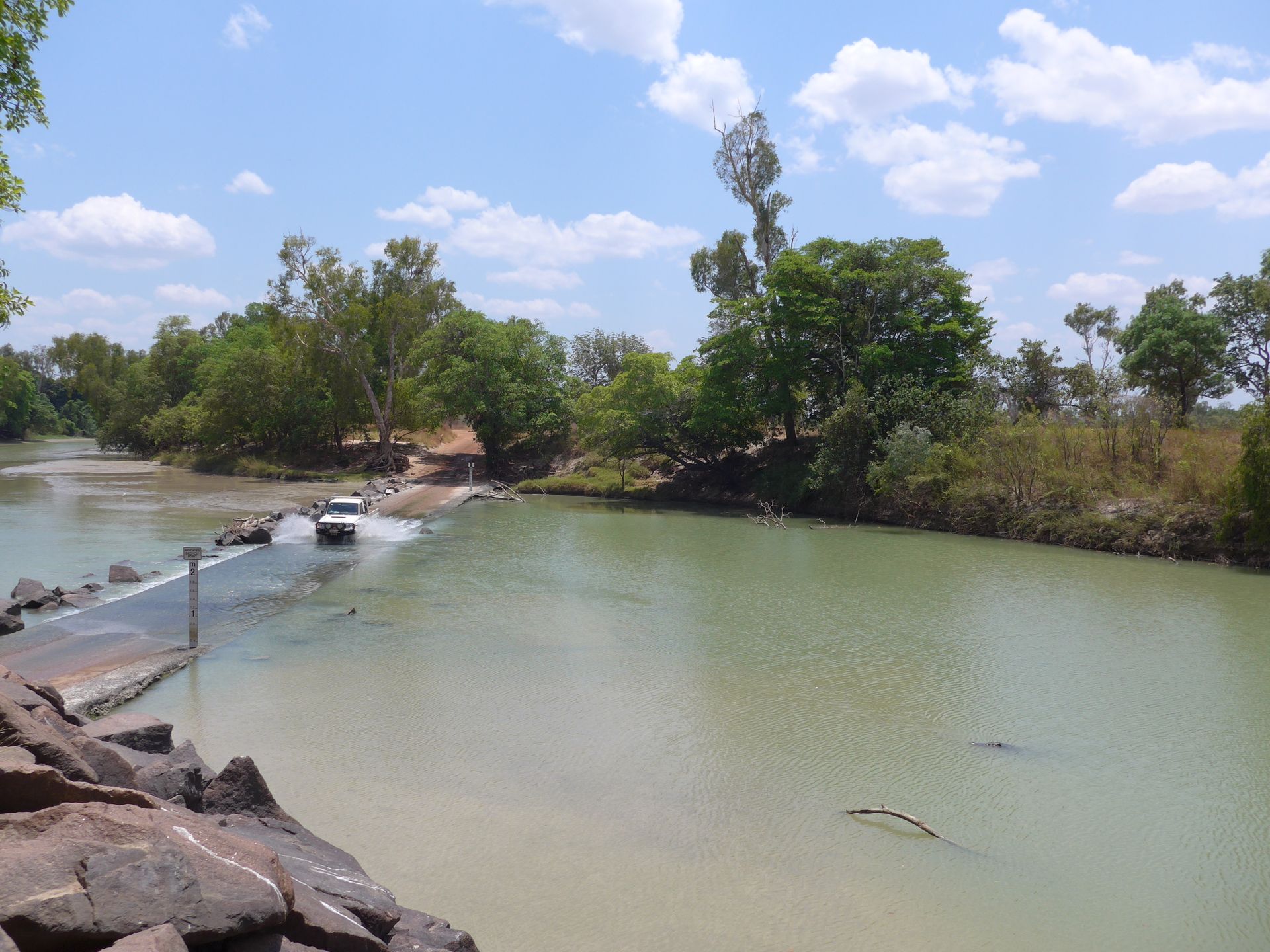
From the viewing platform, we had a good view of the river and the road that passes through the water, which was surprisingly still navigable even at high water levels.

Shortly after 12 o'clock, the direction of the current changed, and at least fifteen crocodiles gathered with open mouths, waiting for the fish swimming downstream.

Most of the spectators stood at a safe distance on the observation platform. However, there were also anglers who ignored the warning signs and approached the water's edge, some even putting their feet in the water. It's no wonder that people still get killed by saltwater crocodiles every year... But today, the "salties" only had appetite for fish, so all anglers remained unharmed.
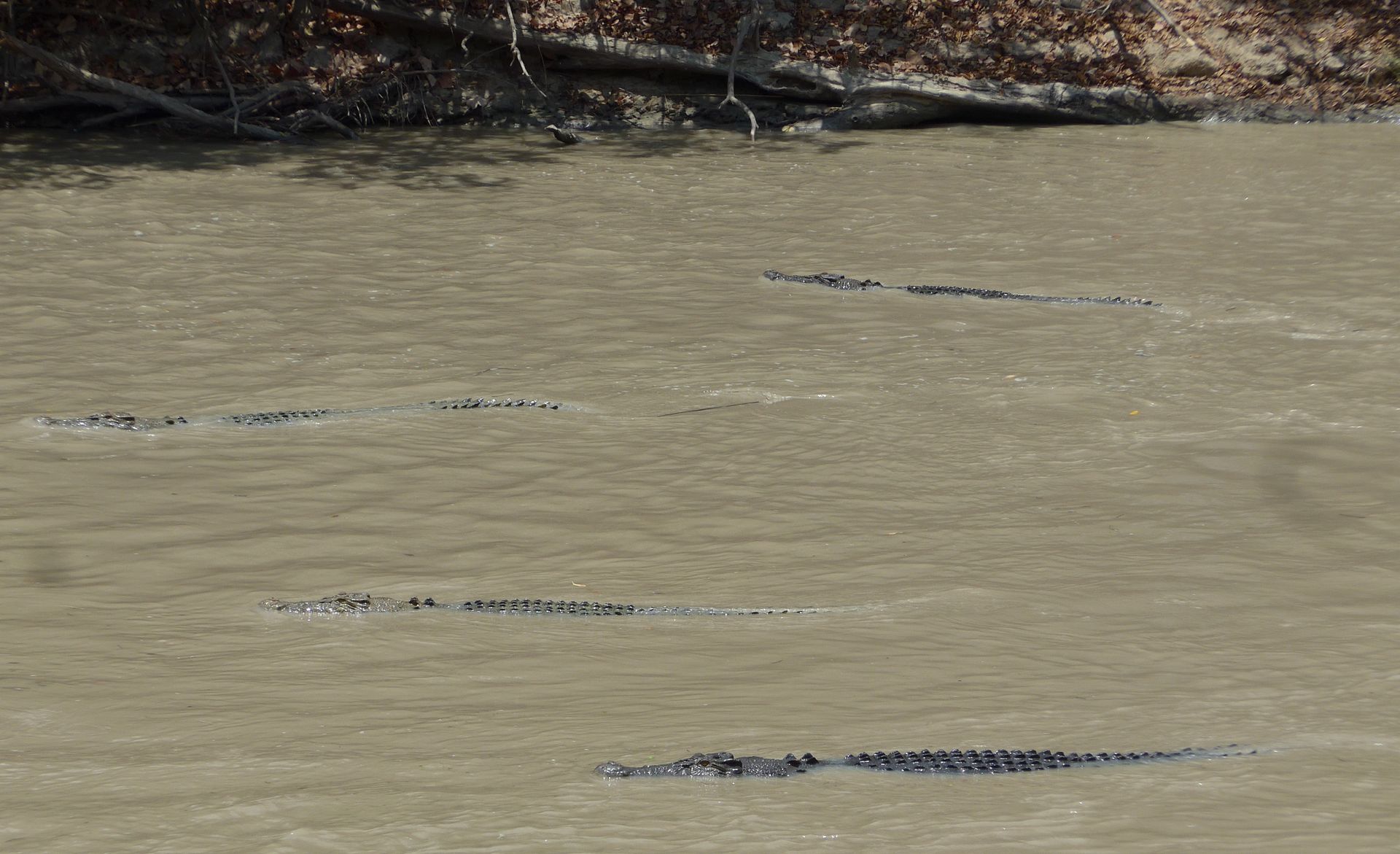
After this impressive spectacle, we continued our journey north to Ubirr, where we could see rock paintings by the Aboriginals on a guided walk.
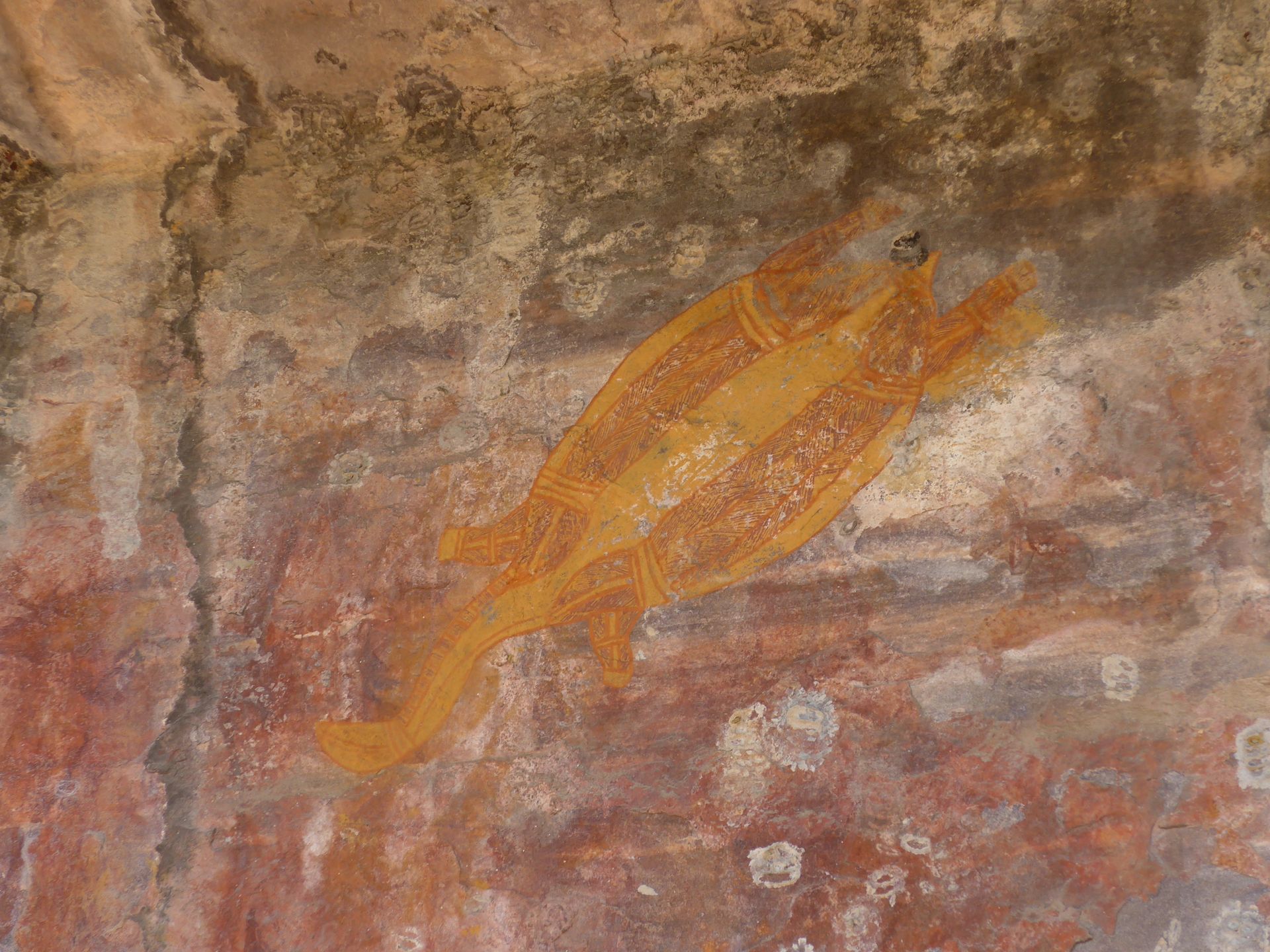
Along the way, there was also a climb to a plateau, from which we had a beautiful view of the surroundings. In every direction, the landscape looked completely different: wetlands, monsoon rainforest, and rocky landscapes alternated.

The path was not long, but it was quite strenuous due to the high temperatures. Our car displayed up to 48°C...

The next morning, we set off early, before the temperatures rose too high, for a short hike to a lookout point, Mirrai Lookout. The ascent was a bit strenuous, and even in the morning, it was already quite warm. But at the top, we found a covered viewing platform with a view over the monsoon forests.
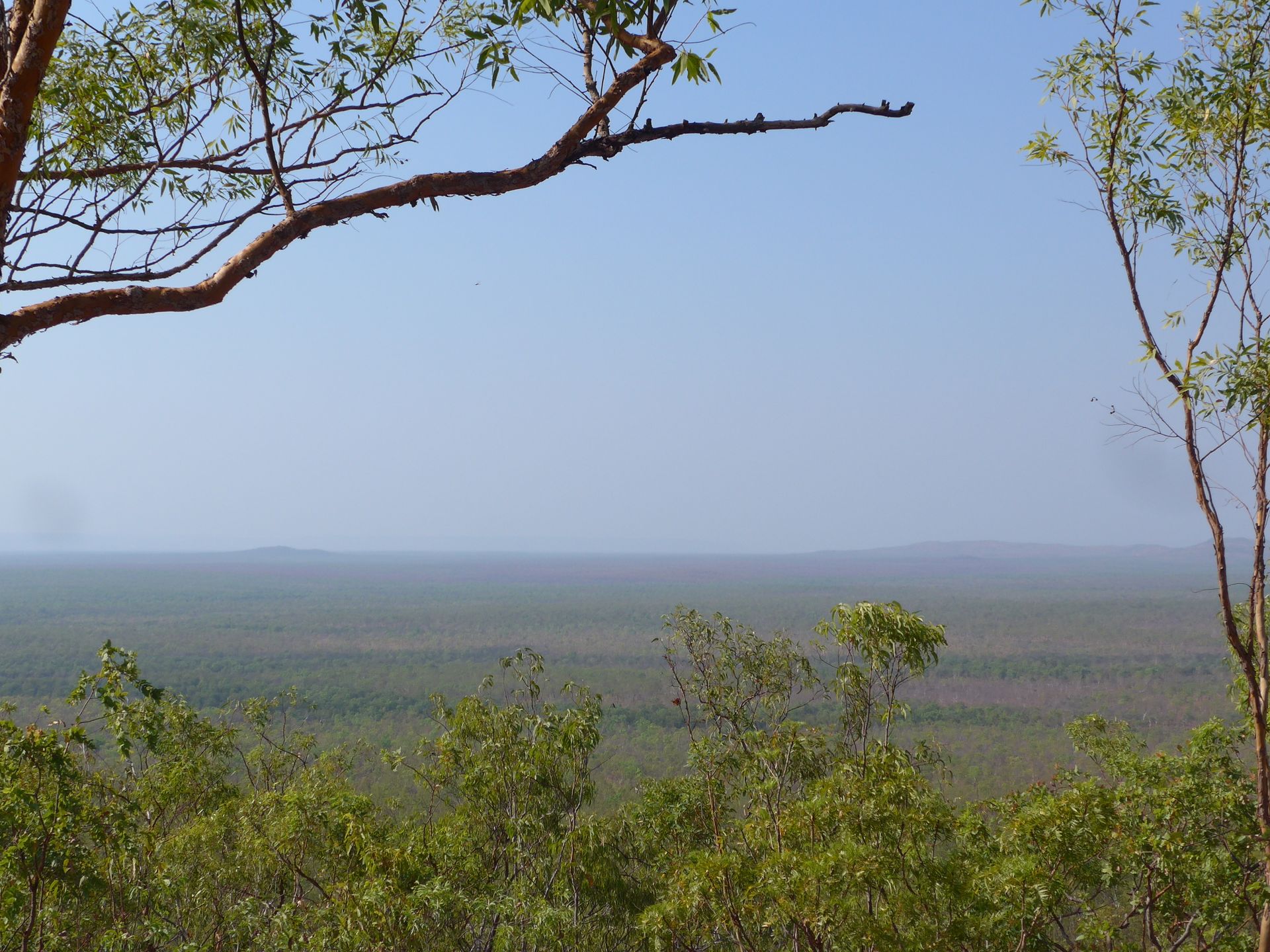
The second hike took us to another lookout point. This time, however, we passed Aboriginal rock paintings along the way.

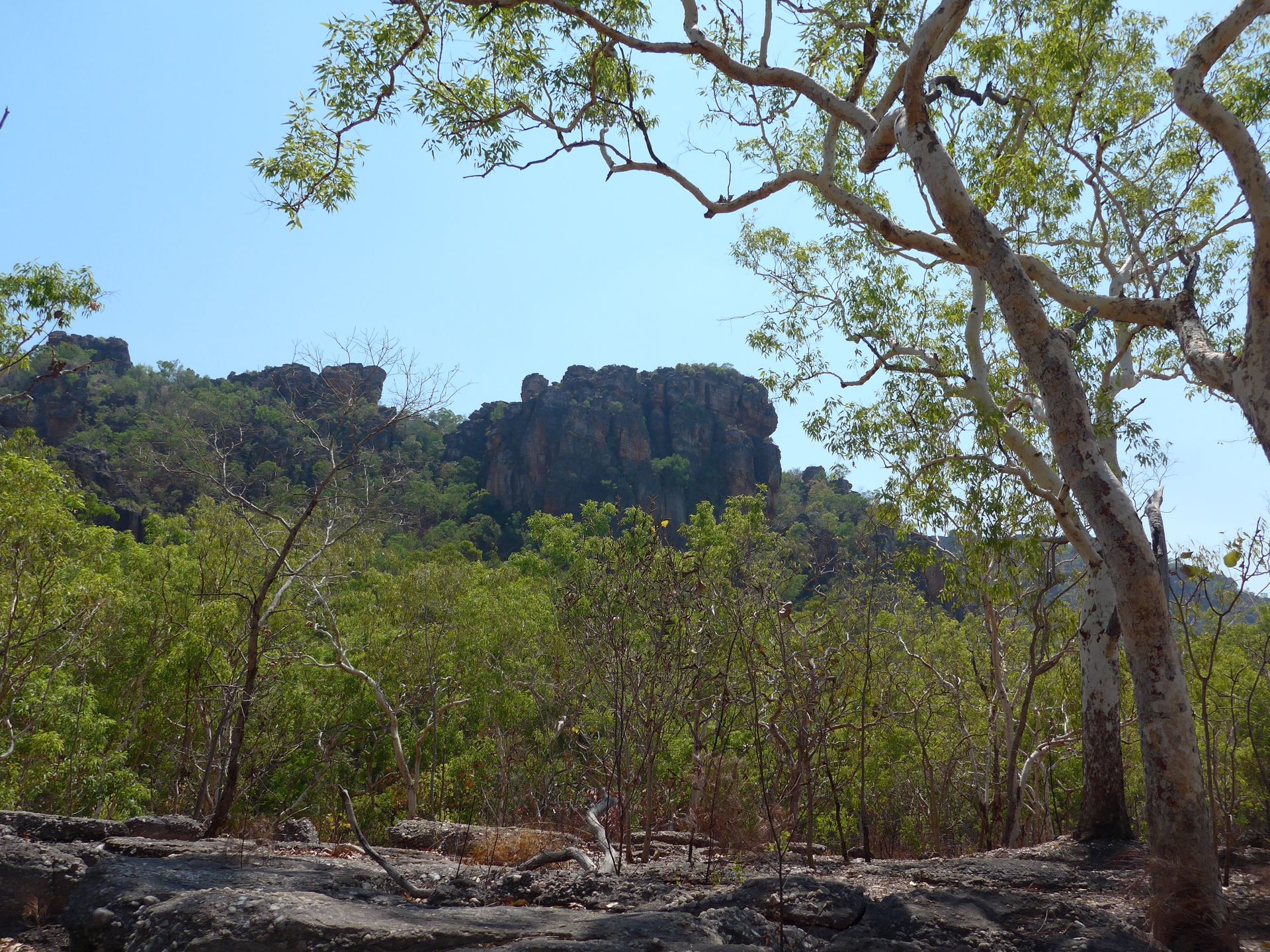
To end the morning, we circumvented a waterhole. Once again, signs warned us of crocodiles that are known to come close to the trails. However, at this time of the year, everything was quite dry at the end of the dry season, and the crocodiles were far away from the water. So instead of walking around a lake as shown on the map, we walked around a dry area before finally reaching the wetter areas.

Now, we could observe various water birds gathering in and around the water. We also saw a heron, ibises, and spoonbills searching for food in the shallow water.

During this walk, we encountered wild kangaroos for the first time. Unfortunately, they quickly disappeared into the undergrowth when they noticed us.
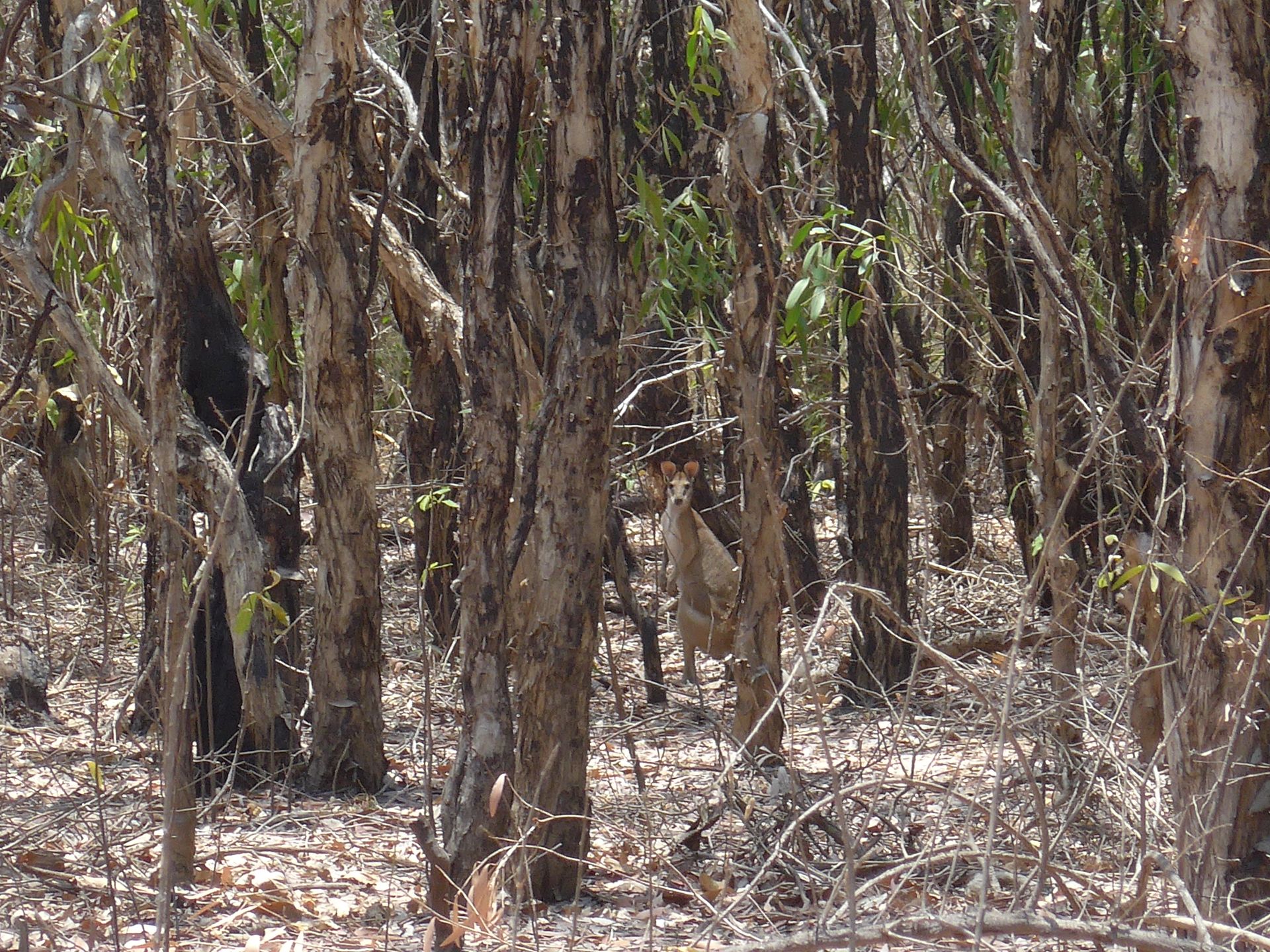
Just like in the hotel, we heard loud screeching - but this time not from a white cockatoo, but from black ones.

From a distance, we spotted an emu, which - despite our concerns - didn't move from its spot as we approached. As we got closer, we noticed six little emus being watched over by the attentive mother. Our hiking trail led us very close to the small family. Fortunately, the guard saw no danger in us, and we were able to continue our path without hindrance.
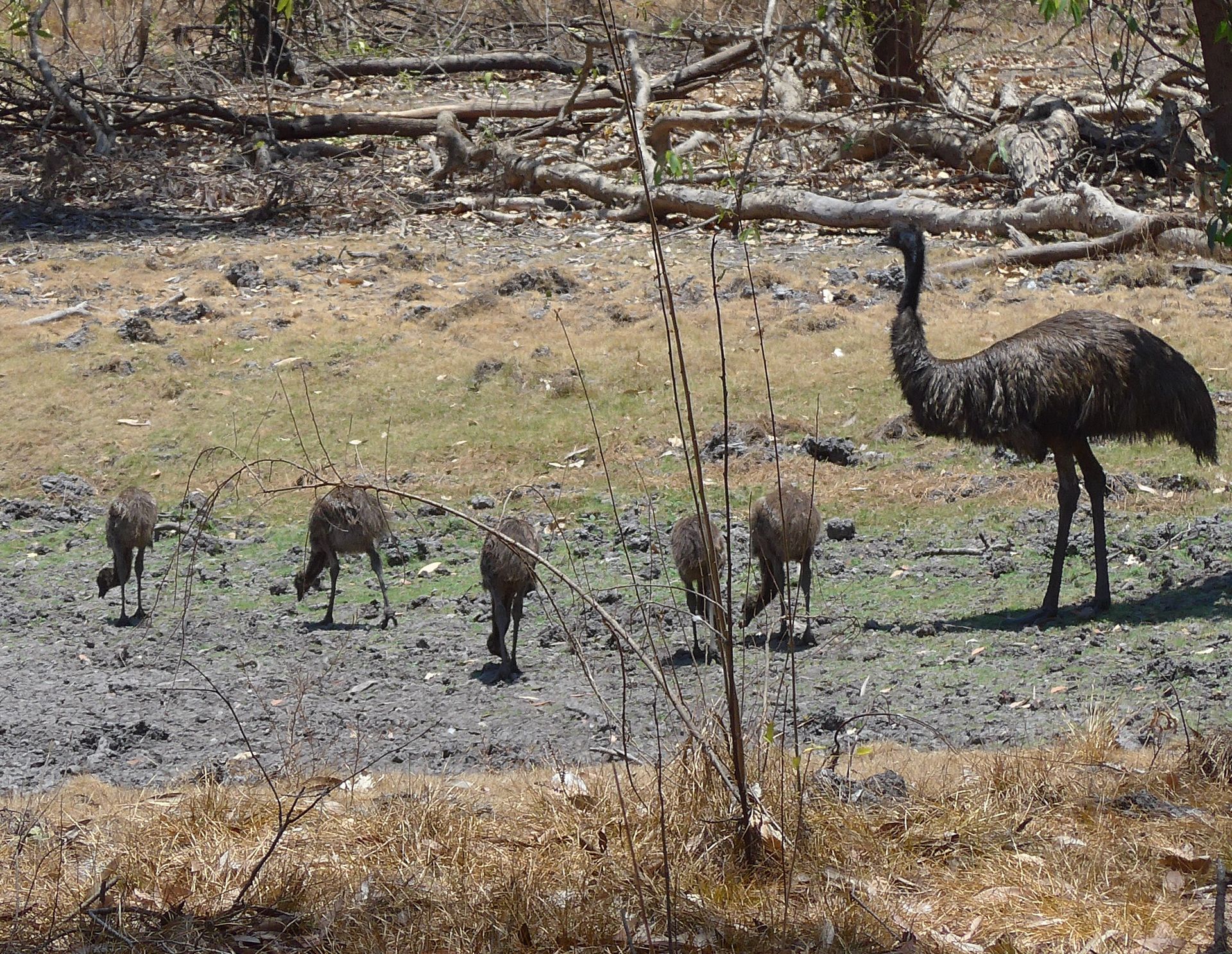
After a lunch break at the hotel, we first visited the Aboriginal Cultural Centre, where an exhibition informed about the history and traditions of the Aboriginal people.

Later, two shorter walks took us to a lake and through the forest. However, the most interesting animal encounter we had was in the parking lot: Several kangaroos were hopping around on the meadow.

On the last morning, we booked our first boat tour on the South Alligator River, the Yellow Water Cruise. During the cruise, we saw the following animals:
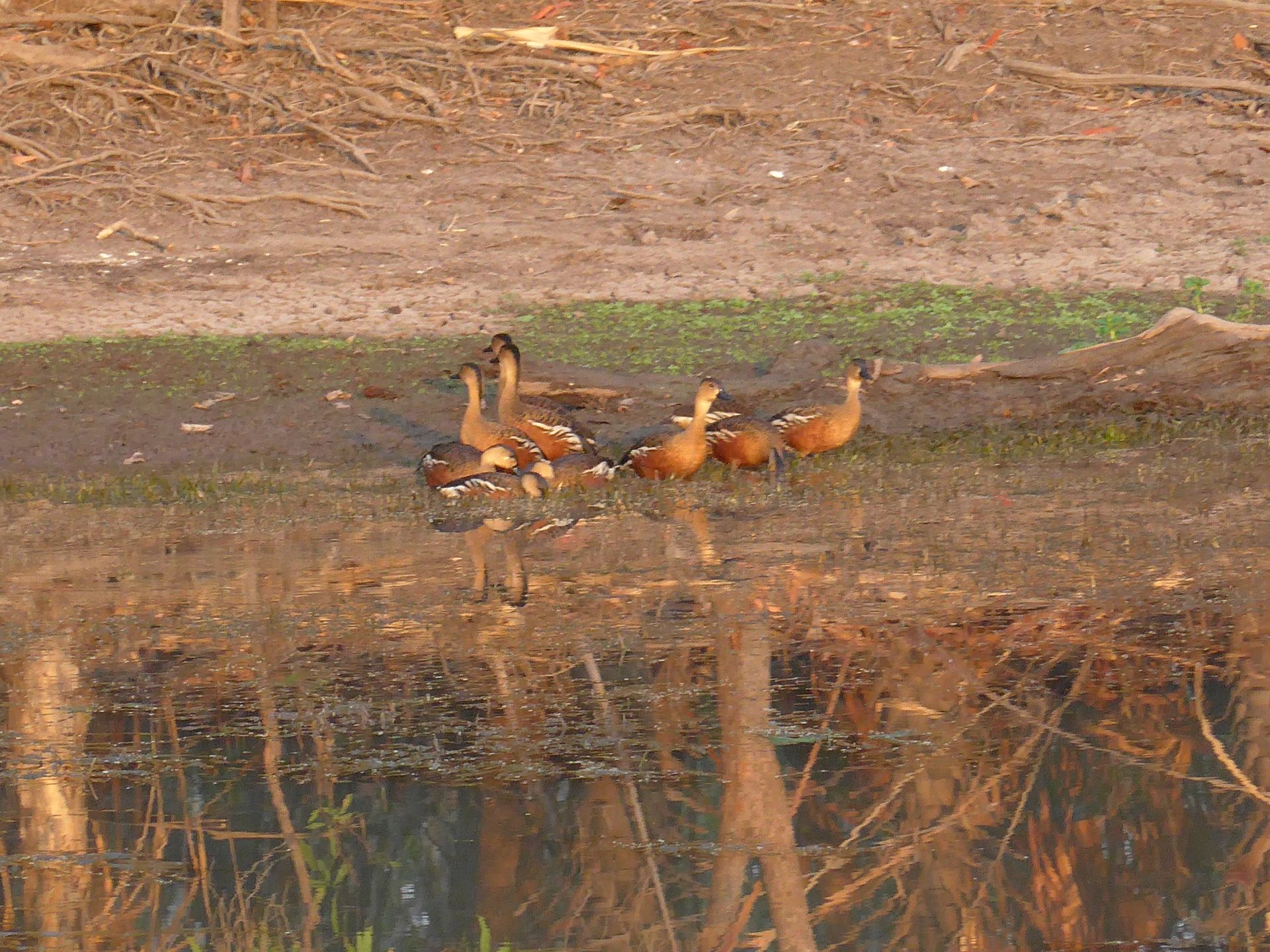


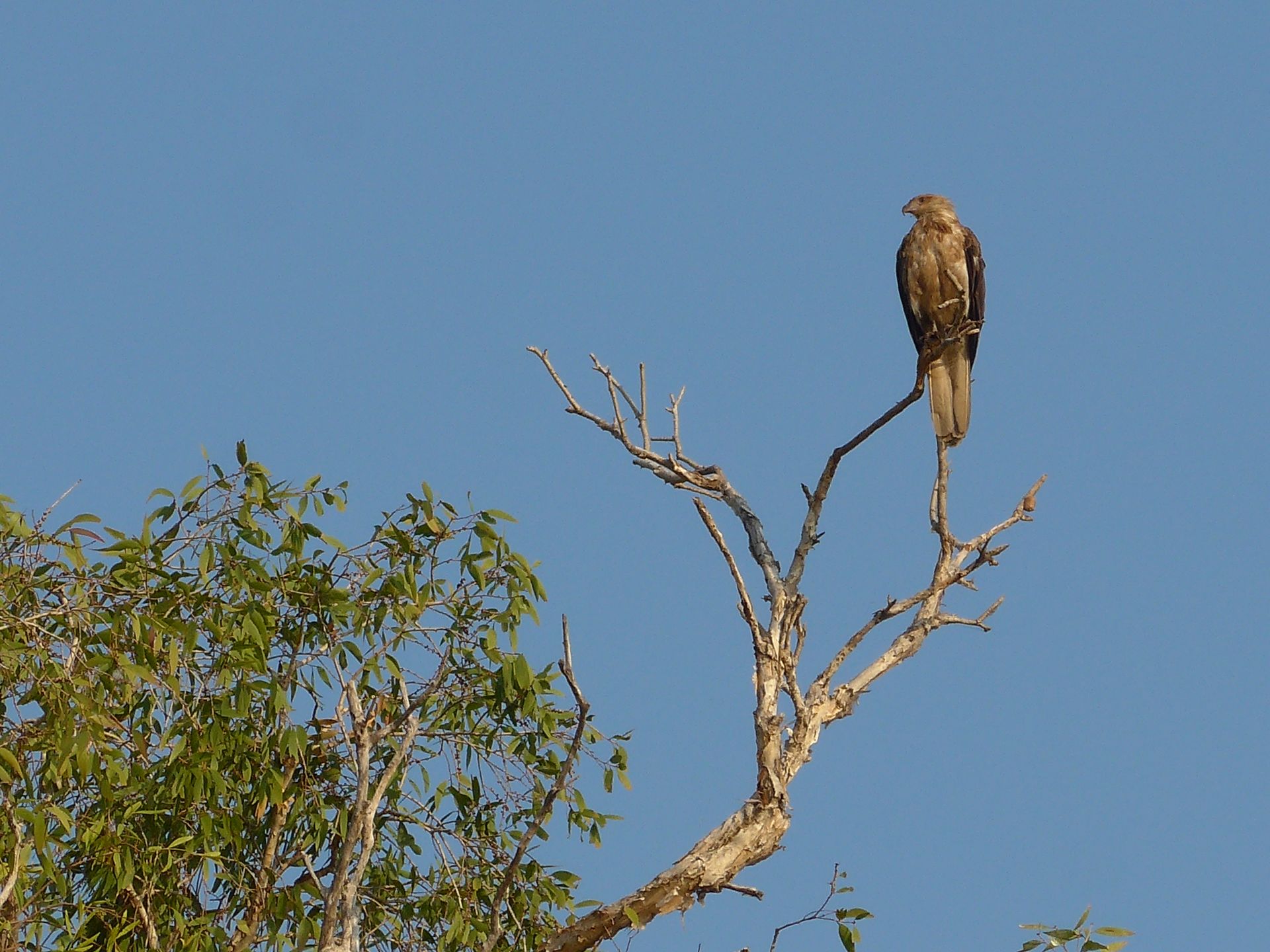

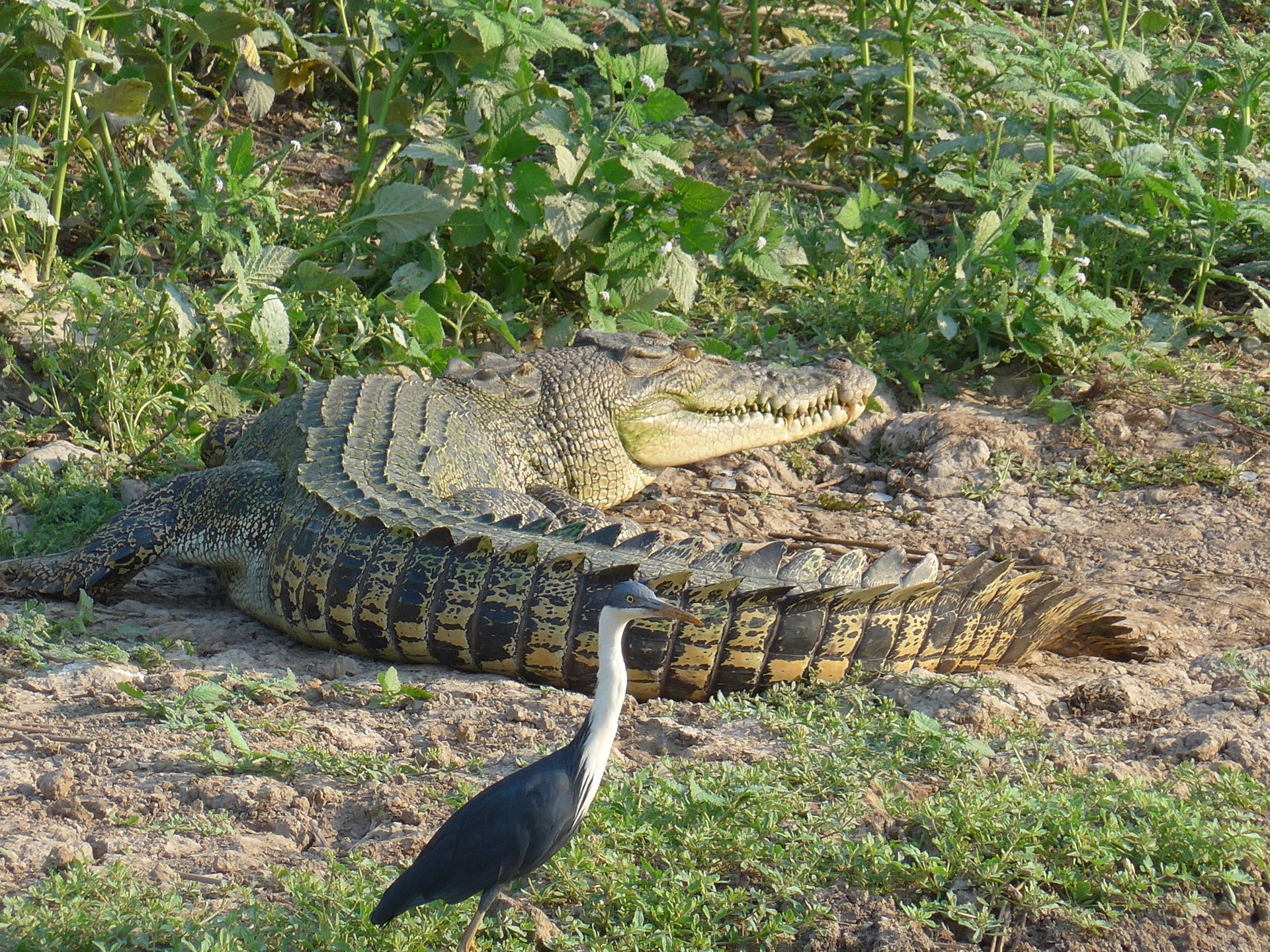



Iscriviti alla Newsletter
Risposta
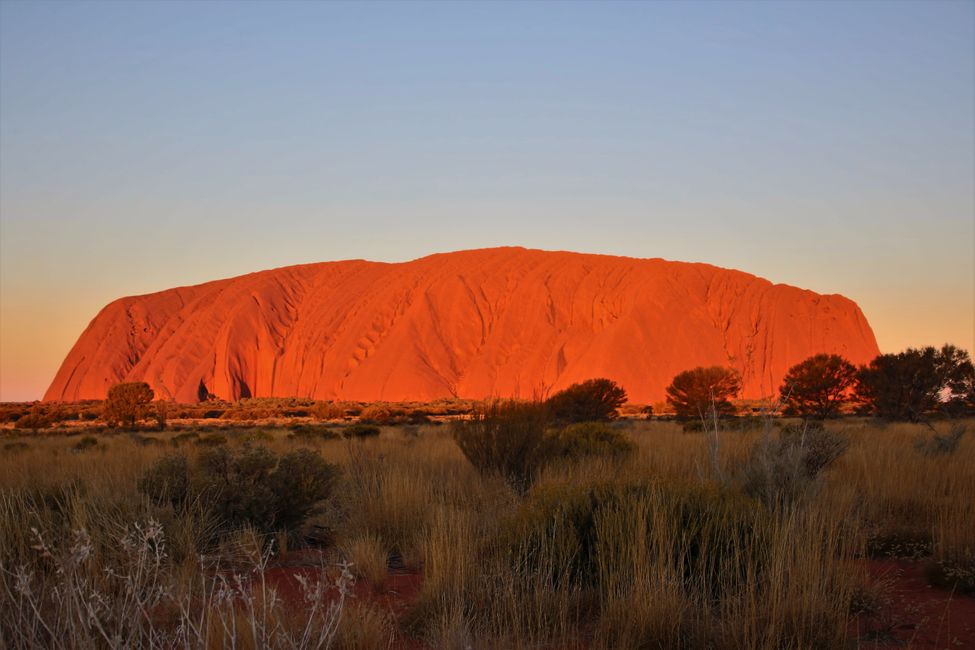
Rapporti di viaggio Australia
